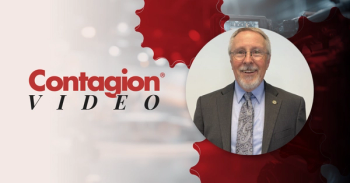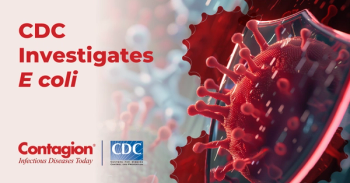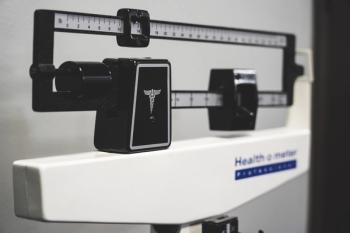
Mark McLelland, MD, PhD: What We Need to Address COVID-19
The former FDA commissioner weighs in on the best measures to mitigate skyrocketed new cases, and his timeline for national recovery.
On this Thanksgiving Day, hospitals across the nation are overwhelmed, families and loved ones are field debates over travel and hosting for the holidays, and current projections show total US deaths could increase by 20% before Christmas. The New York City school system, the largest of its kind in our country, closed it classrooms this month.
In the field of therapeutics, the US Food and Drug Administration (FDA) has granted emergency use authorization (EUA) to just a handful of COVID-19 treatments, as clinical research and development continues to fixate on mitigating hospital burdens and reducing overall mortality from the rampant virus.
At the same time, it is preparing to pass regulatory judgement on at least 2 COVID-19 vaccines, from Pfizer and Moderna.
And, somewhere in the middle of all this is lost the fact that the has a new president-elect in the US, whose administration’s beginning in January is believed to be marked by significant changes made to federal pandemic response and prioritization.
Few experts can stand comfortably at this epicenter of epidemiology, clinical investigation, drug regulation, public health policy and specific legislation and give a fully informed opinion. Among those few, likely, are FDA commissioners.
So this week, Contagion spoke with one.
Mark McLellan, MD, PhD, currently director of the Robert J Margolis Center for Health Policy and the Margolis Professor of Business, Medicine and Health Policy at
As McLelland stressed, this current boom of COVID-19 new cases and hospitalizations could likely be the greatest the country will see—and coincides in a moment when clinical science has finally begun to catch up with the pandemic.
He emphasized the need for new clinical processes that would streamline the use of promising monoclonal antibodies, administered via infusion, for mild-to-moderate COVID-19 patients at risk of worsening symptoms. Such agents would benefit greatly from more timely and emphasized patient testing, more adequately equipped facilities, and dedicated personnel.
“That’s a new way to deliver care,” McLelland said. “The sooner we can get that set up and going, the sooner we will have some therapeutic relief on the pressure in hospitals.”
McLelland also called on currently dormant leadership, including Congress, to help “take the economic edge” off businesses and individuals who would be financially affected by lockdowns and other public health measures that could mitigate new case spread.
Lastly, he discussed the need for the greater population to play its role in reducing the burden and reach of COVID-19—a matter which affects all, not just some, of the country.
“People are tired of this pandemic now—not just the general public, but healthcare workers who have been through a lot,” McLelland said. “Anything we can do to make it easier is important.”
“There is a light at the end of the tunnel. If people can make it just a few more months of the mitigation measures, the spring and summer, they will be better. We’ll be able to get back gradually toward normal.”
Newsletter
Stay ahead of emerging infectious disease threats with expert insights and breaking research. Subscribe now to get updates delivered straight to your inbox.































































































































